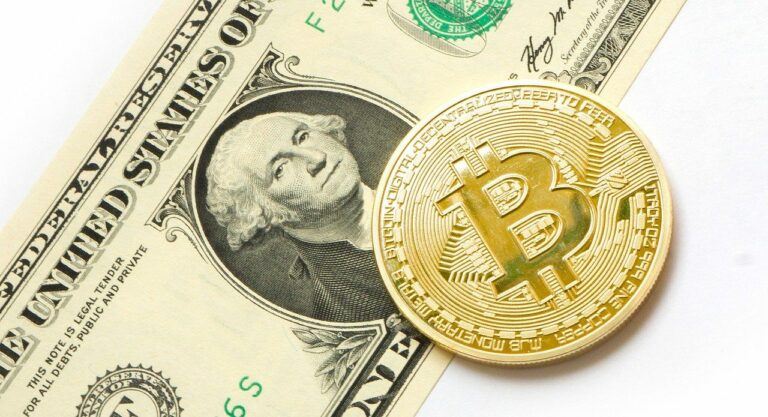The central banks of some of the world’s largest economies are about to embark on interest rates cuts and this is likely to play into the hands of Bitcoin investors, says Deutsche Bank’s Jim Reid.
Global growth is slowing, a result of falling business confidence as trade tensions around the world increase – led by the seemingly intractable tariff feud between the US and China.
Under Pressure to Cut
While these effects are starting to be felt around the world, the caretakers of the most powerful economy on earth – under severe politicial pressure from President Trump – are already looking towards monetary policy measures that will support growth.
Despite a Federal Reserve that doesn’t know what it is doing – raised rates far too fast (very low inflation, other parts of world slowing, lowering & easing) & did large scale tightening, $50 Billion/month, we are on course to have one of the best Months of June in US history…
— Donald J. Trump (@realDonaldTrump) June 24, 2019
The Federal Reserve has already turned dovish, and even though it left interest rates on hold at 2.25-2.5% at its May and June meetings, comment from Fed officials this week has left the impression a rate cut could soon be on the way.
In a speech on Tuesday, Fed Chairman Jerome Powell said:
The cross-currents have re-emerged, with apparent progress on trade turning to greater uncertainty and with incoming data raising renewed concerns about the strength of the global economy.
A further hint that the Fed was moving towards a quarter point rate cut at its July meeting was Powell’s assurance on Tuesday that “an ounce of prevention is worth more than pound of cure”.
Dollar Weakening
Insofar as rate cuts and other monetary easing policies from the Fed undermine the US dollar, such policy dovishness can be seen as supportive for Bitcoin’s price versus the US currency (BTC/USD).
Jim Reid, multi-asset research strategist at Deutsche Bank said on CNBC on Wednesday that he thought the recent move in Bitcoin was emblematic of the current weakness in the dollar:
If the major central banks are going to be this aggressive then alternative currencies start to look more attractive.
Cryptocompetitor
Reid has been a long-time advocate of alternative currencies. He said back in November 2017, just before the massive Bitcoin rally that took the BTC price close to $20,000 that the use of virtual currencies should be promoted around the world as people lose faith in central banks’ ability to control fiat currency.
He said:
Although the current speculative interest in cryptocurrencies is more to do with blockchain technology than a loss of faith in paper money, at some point there will likely be some median of exchange that becomes more universal and a competitor of paper money.









